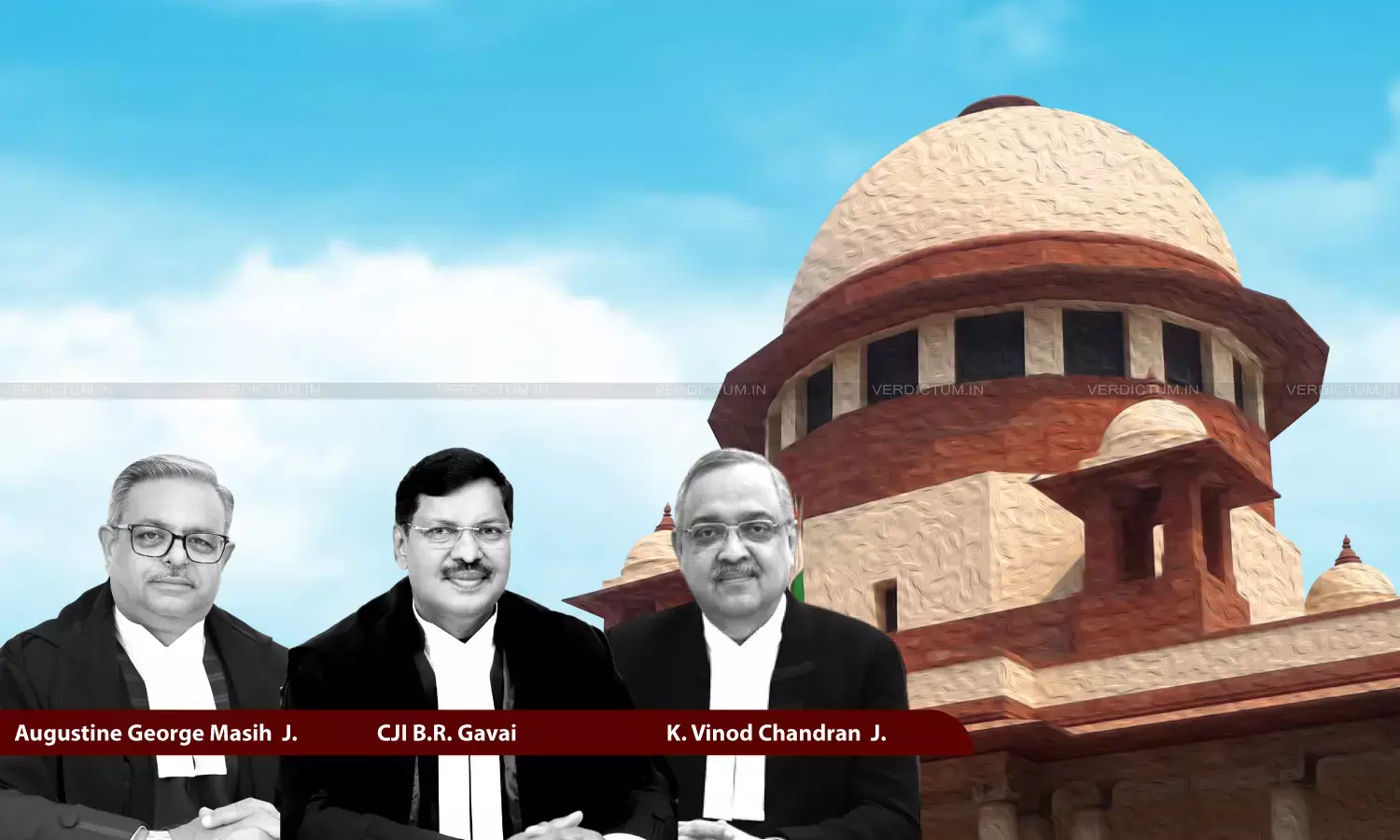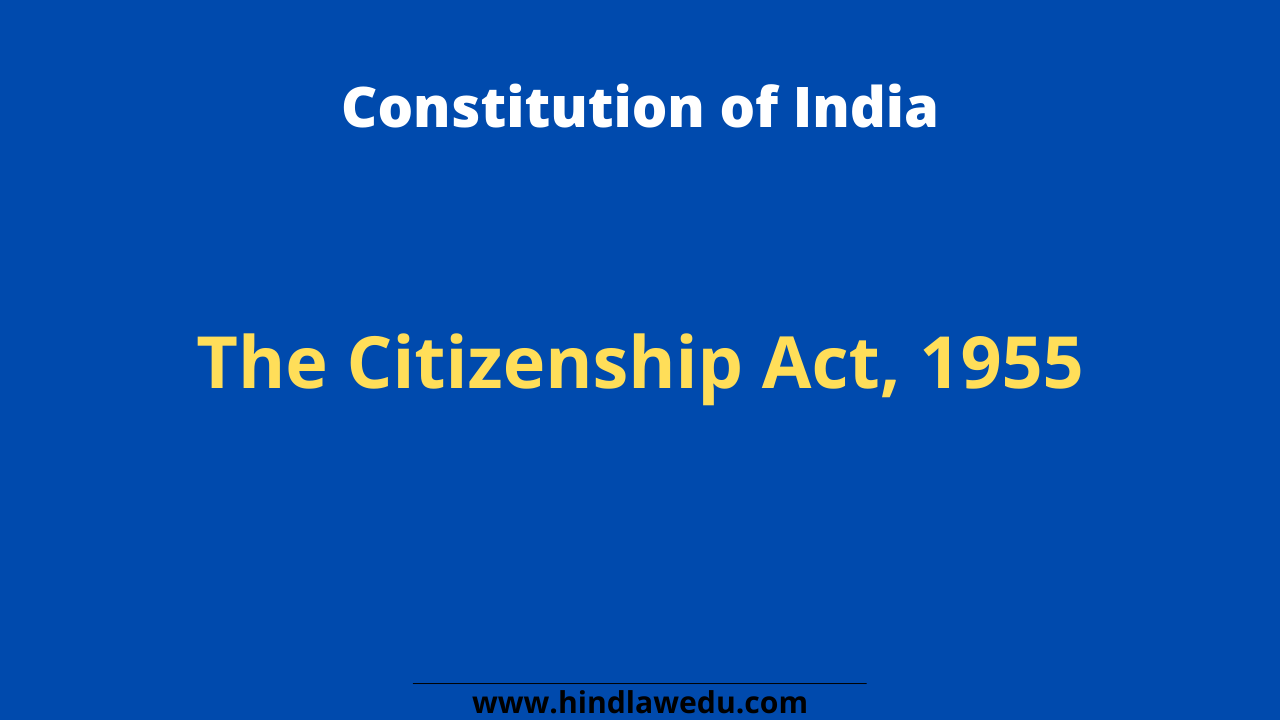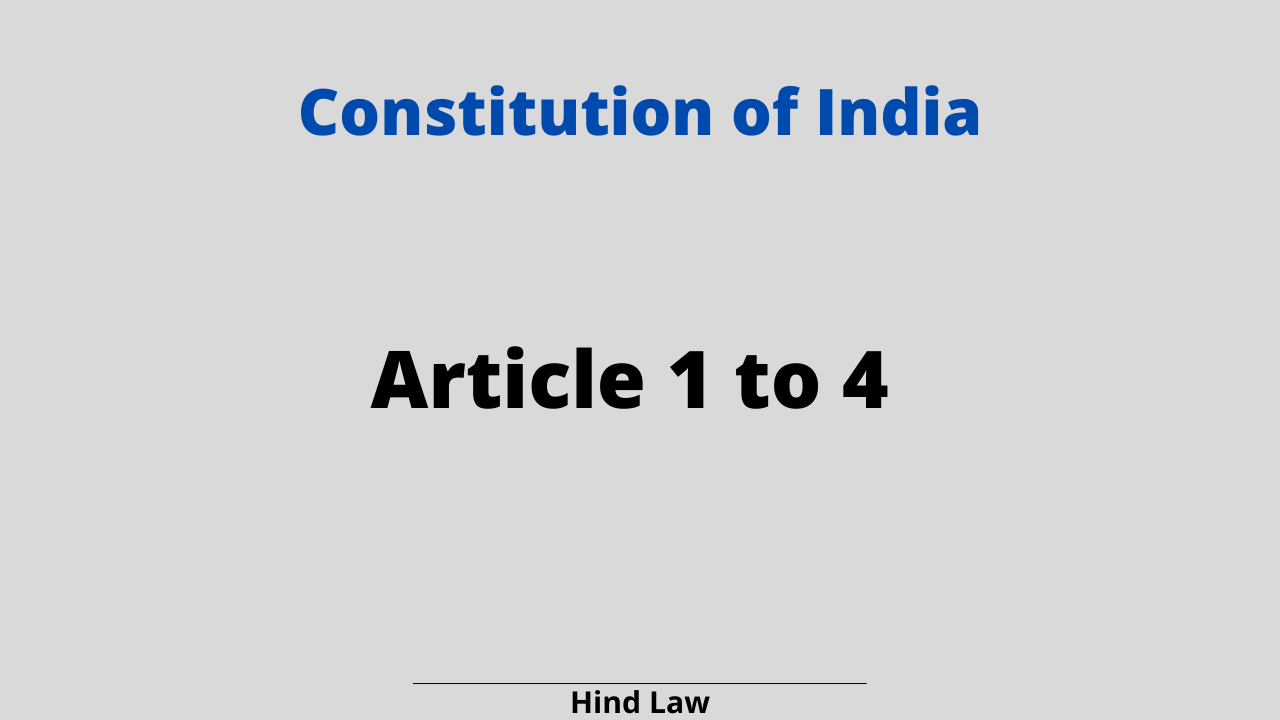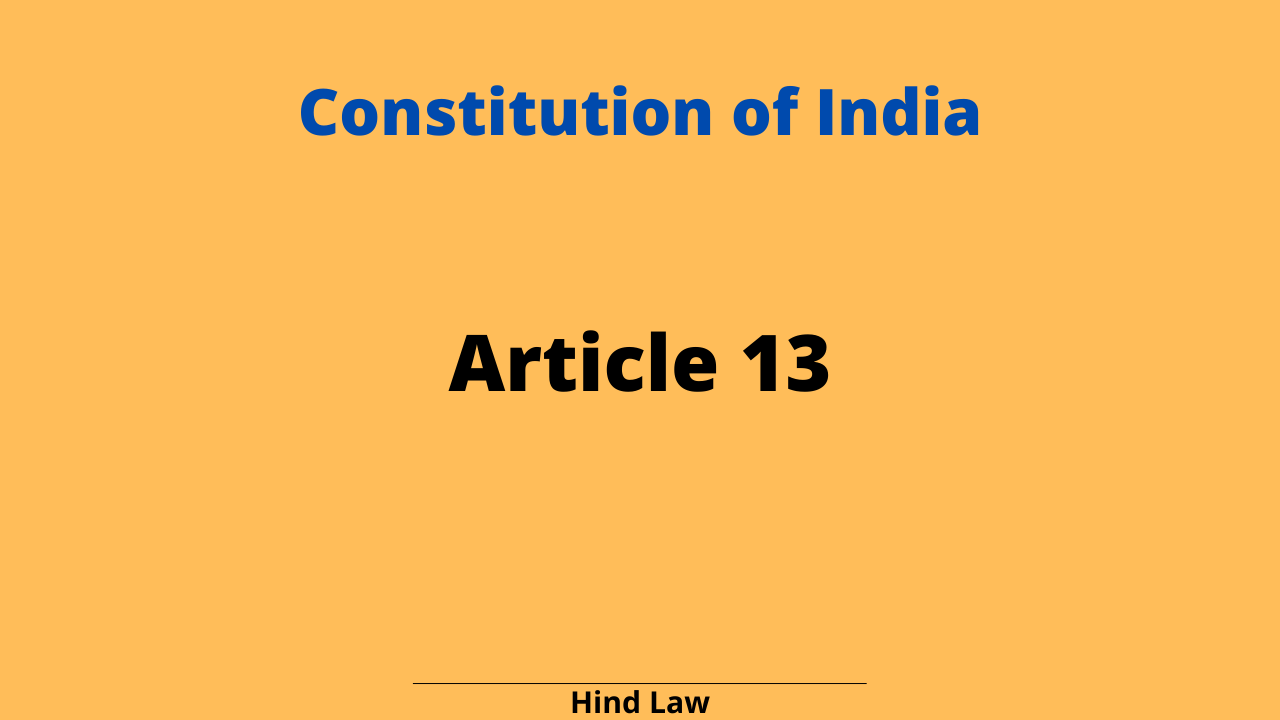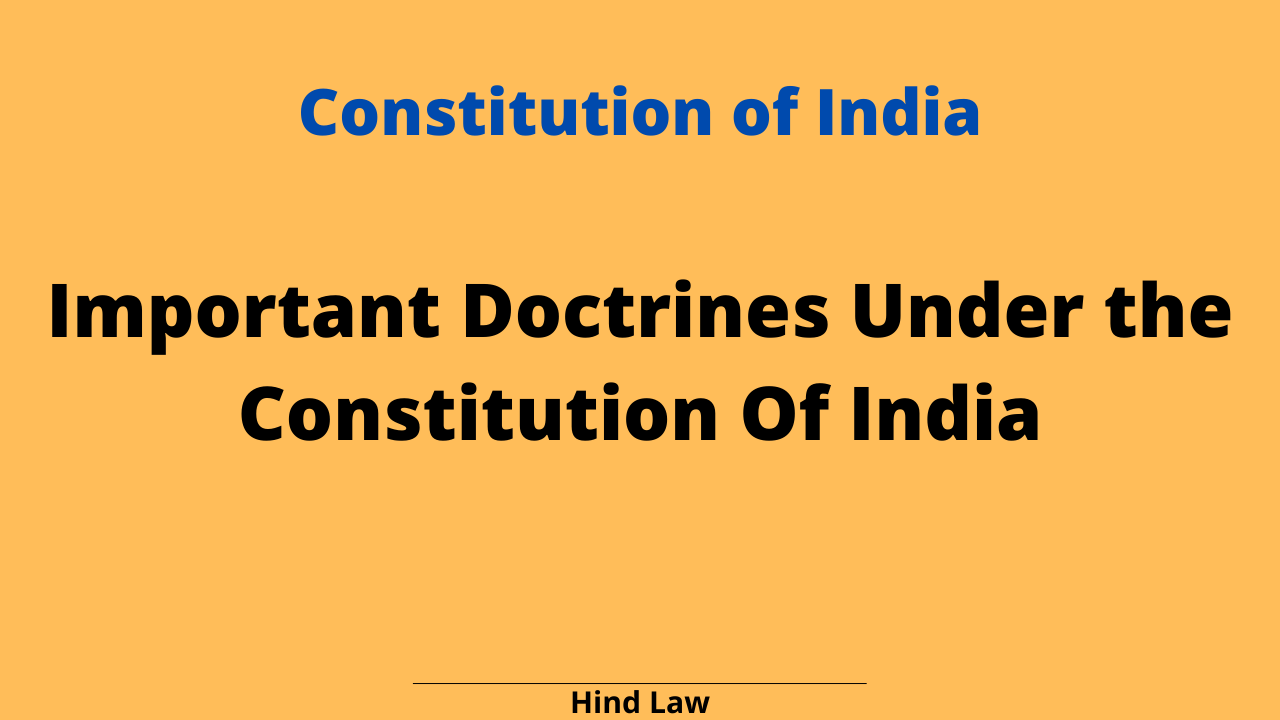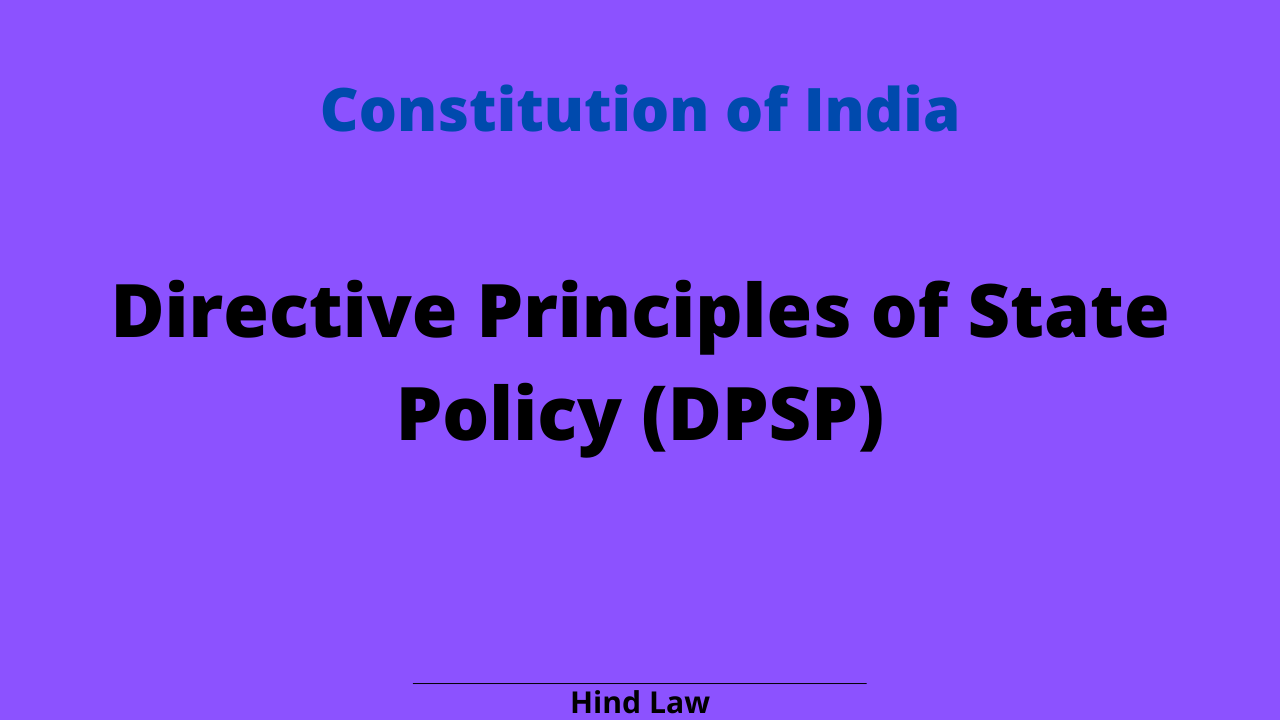Introduction
- The idea of Fundamental Duties is inspired from the Constitution of Russia.
- These were incorporated in Part IV-A of the Constitution by the 42nd Constitutional Amendment Act, 1976 on the recommendations of the Swaran Singh Committee.
- Originally fundamental duties were 10 in number, one more duty was added through the 86th Constitutional Amendment Act, 2002. All the eleven fundamental duties are listed in Article 51-A of the Constitution.
- The fundamental duties serve as a reminder to citizens that while enjoying their rights, they have also to be quite conscious of duties they owe to their country, their society and other people.
- Same as the Directive Principles, the fundamental duties are also non-justiciable in nature.
- The Fundamental Duties are confined to Indian citizens only and do not extend to foreigners unlike a few Fundamental Rights.
List of Fundamental Duties
- To abide by the Constitution and respect its ideals and institutions, the National Flag and the National Anthem;
- To cherish and follow the noble ideals that inspired the national struggle for freedom;
- To uphold and protect the sovereignty, unity and integrity of India;
- To defend the country and render national service when called upon to do so;
- To promote harmony and the spirit of common brotherhood amongst all the people of India transcending(by surpassing) religious, linguistic and regional or sectional diversities and to renounce(reject) practices derogatory to the dignity of women;
- To value and preserve the rich heritage of the country’s composite culture;
- To protect and improve the natural environment including forests, lakes, rivers and wildlife and to have compassion for living creatures;
- To develop scientific temper, humanism and the spirit of inquiry and reform;
- To safeguard public property and to abjure violence;
- To strive towards excellence in all spheres of individual and collective activity so that the nation constantly rises to higher levels of endeavour and achievement; and
- Who is a parent or guardian, to provide opportunities for education to his child or ward between the age of six and fourteen years (added by the 86th Constitutional Amendment Act, 2002).
Conclusion
Although these duties are non-enforceable but are important because they act as a reminder to the Indian citizens to build a free, healthy, and responsible society and they are expected to act with responsibility towards the nation and not indulge in anti-social activities.
it was a wise decision to make fundamental duties non-enforceable. The fundamental duties are not enforceable because the majority of the population being illiterate in India, many are even unaware of their Constitutional rights. In this situation, if the fundamental duties were made enforceable then it would have resulted in causing chaos and harassment among people and it would have been tough to implement due to lack of proper explanation.
John .F. Kennedy “, Do not ask what the country can do for you, but ask what you can do for the country”.

